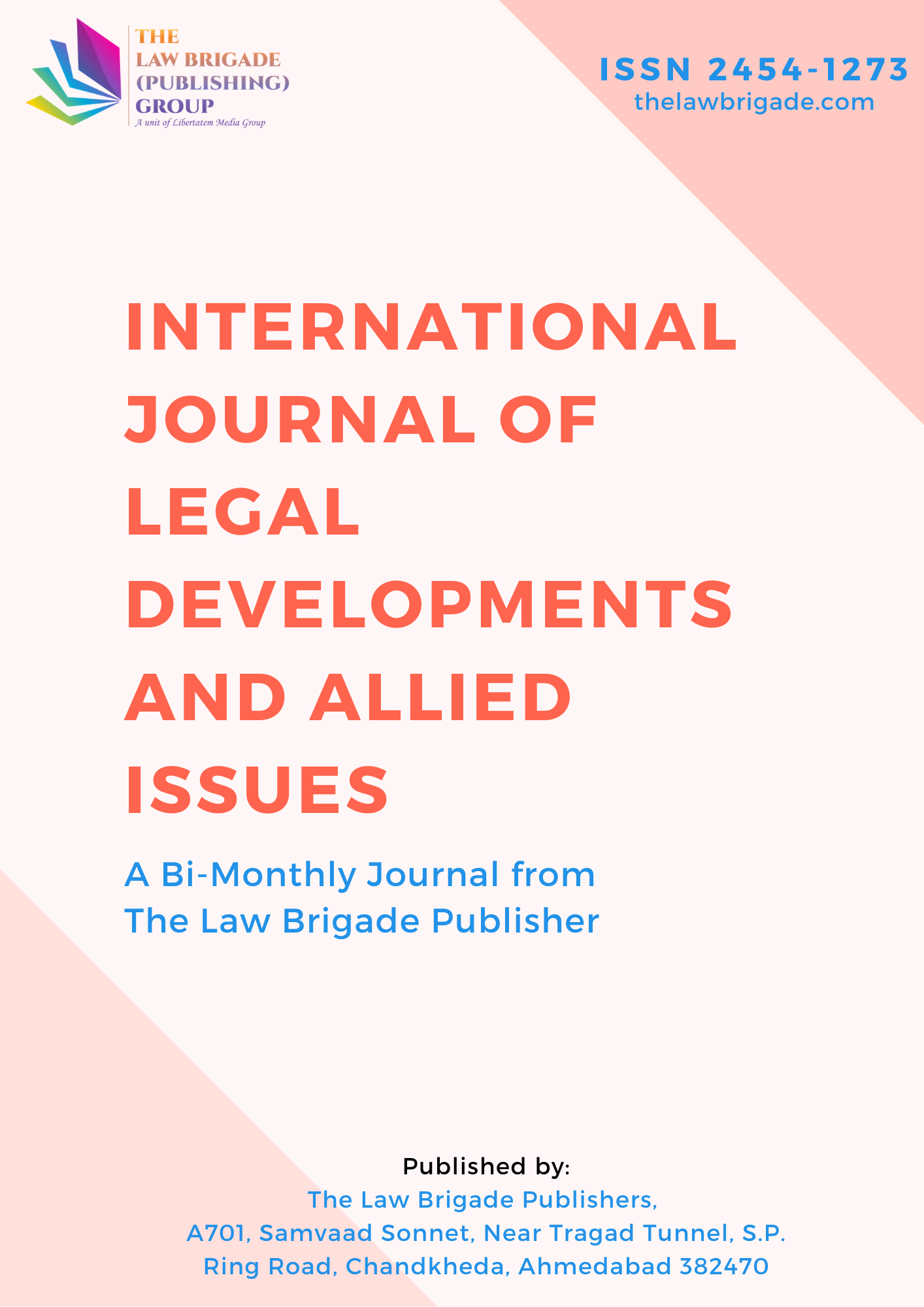In this 21st century, environmental destruction has become a global problem that needs urgent attention. The definition of ecocide as stated by Higgins, “the extensive destruction, damage to or loss of ecosystems of a given territory, whether by human agency or by other causes, to such an extent that the peaceful enjoyment by the inhabitants of that territory has been severely diminished.”[i] In other words, this destruction poses threat to humanity more in recent times and demands immediate intervention by all the states. Till now, it has been considered as individual problem and individual states were responsible to deal with it within the boundaries itself. The havoc causes as a result of this destruction includes mass extinction, ecological collapse and climate change. The different incidents from time to time for instance the Chernobyl explosion, or the Gulf of Mexico disaster had not only took human lives but also left an irreparable damage to the areas, lands, marine animals, birds, etc. The International Criminal law includes four crimes as ‘Core Crimes’ and the International Criminal Court have jurisdiction over these four crimes. These crimes are mainly being categorized as those that are major threat to humanity. Similarly, these ecocidal acts also pose major threat to humanity, human rights and social justice and have lasting consequences as well.
Thus, this paper tends to focus on the moot question that whether the crime of ecocide can be brought under the purview of International Criminal Law as fifth crime at par with the other core crimes dealt by the International Criminal Court. The author will try to look into the responsibility or liability that may arise in such cases and to who shall be held responsible for such crimes.
[i] Polly Higgins, Eradicating ecocide: Exposing the corporate and political practices destroying the planet and proposing the laws needed to eradicate ecocide 3 (2010).





